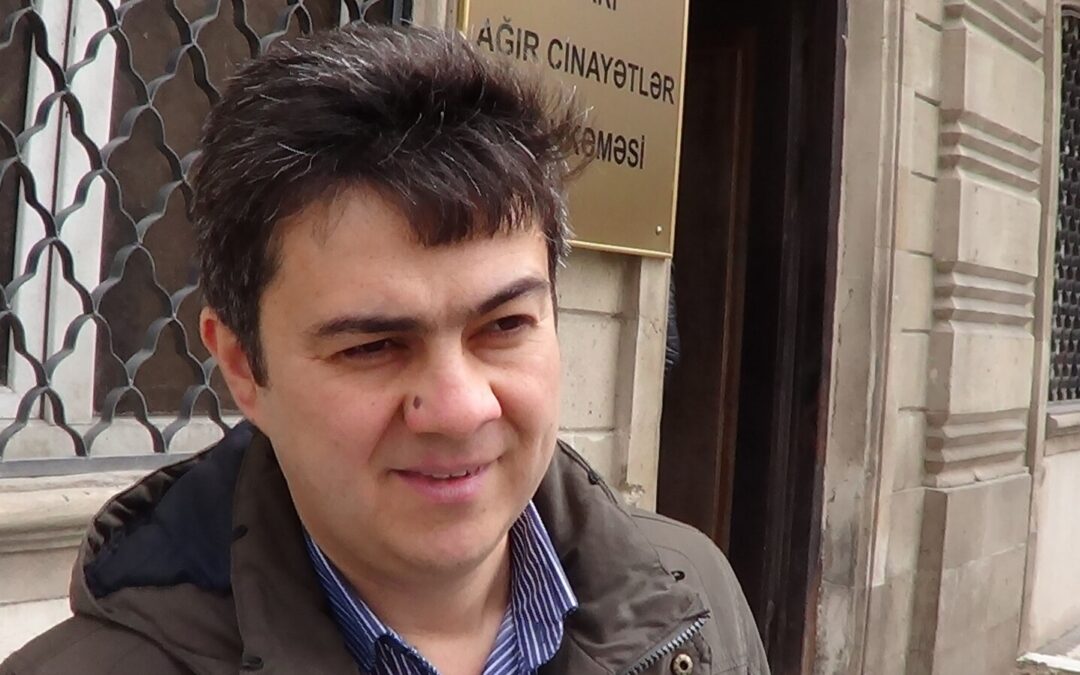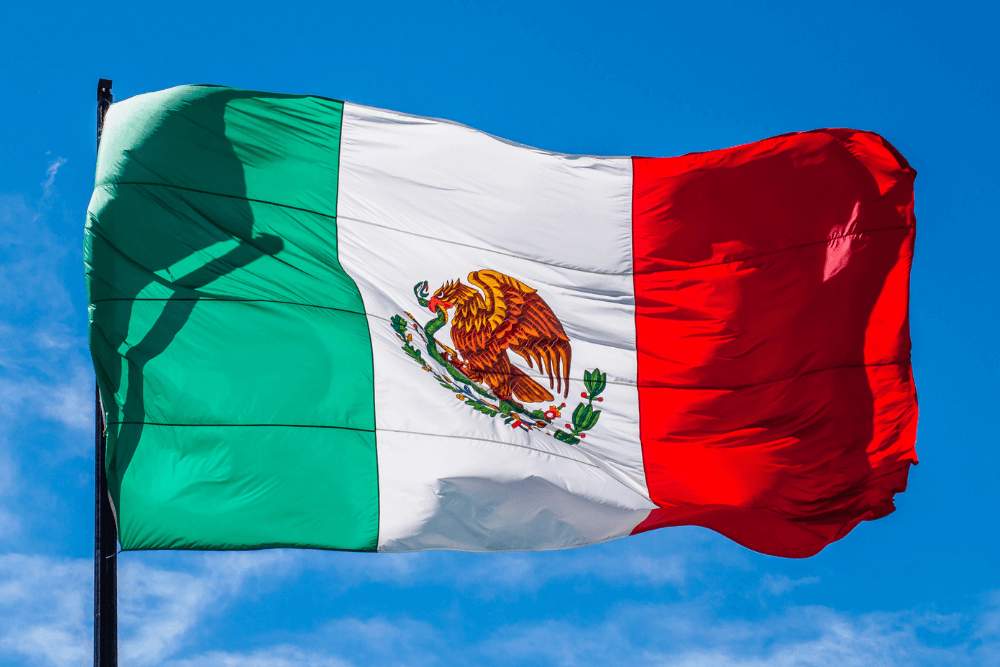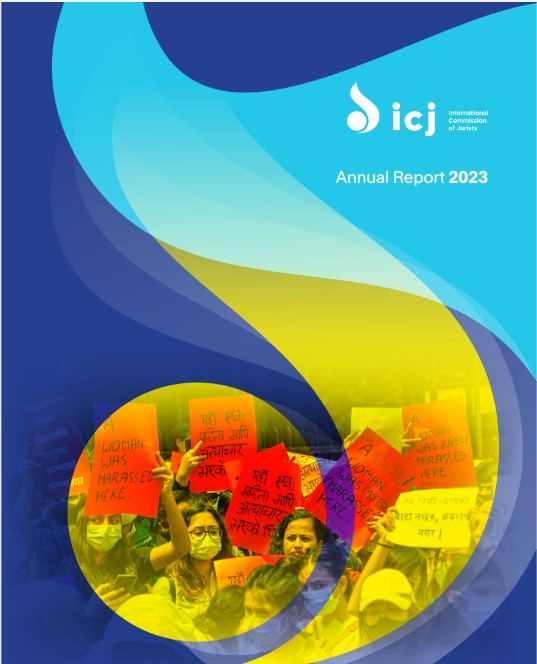


Azerbaijan: Security services ramp up attacks on independent lawyers and human rights defenders
The International Commission of Jurists (ICJ) deplores the arbitrary detention of Azerbaijan human rights lawyer Fariz Namazli by the State Security Service (SSS) on 31 August 2024. He was detained without an official summons, and without being informed of the reasons...
MEXICO: SENATE SHOULD REJECT THE JUSTICE REFORM BILL UNDERMINING JUDICIAL INDEPENDENCE
The International Commission of Jurists (ICJ) today called on the Mexican Senate to reject the judicial reform bill currently before it, and on the parliament and incoming government to promptly act to revise the proposed reform process to bring it into line with the...
ICJ Annual Report 2023
This Annual Report represents our comprehensive approach to enhancing global mechanisms for justice and accountability. Through a combination of advocacy at high-level international forums, contributions to treaty negotiations, and the fostering of strategic...
South Africa: Military Courts should be allowed to operate independently and without undue influence from political authorities
As the Constitutional Court begins deliberations in a highly consequential case concerning sexual abuse in the South African Military, the International Commission of Jurists (ICJ) has submitted argument that South Africa bears obligations under international law to ensure that courts and tribunals, including military courts, are competent, independent, impartial and allow for a fair and public hearing.




